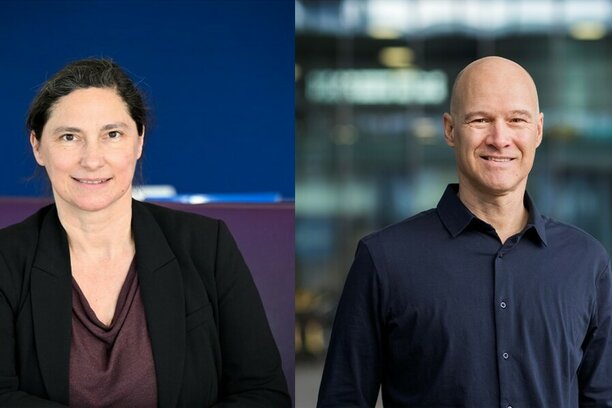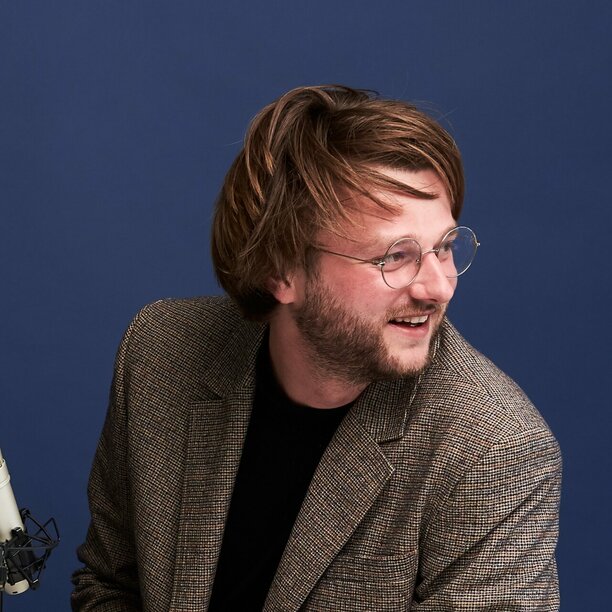Date
Tuesday March 28, 2023 from 12:30 PM to 2:30 PMLocation
Neuron building, TU/e campusOrganizer
EAISIPrice
freeOn Tuesday March 28th 2023, EAISI organizes an AI symposium in honor of the official opening of the new building Neuron which will house the Eindhoven AI Systems Institute but also is a large education and study facility at the TU/e campus. Lunch is provided for participants from 11.30 - 12.30h at the EAISI lounge in Neuron 1.116.
The official opening will take place from 15.00-16.00h, in presence of Constantijn van Oranje, special envoy Techleap.nl.


PROGRAM
11.30 - 12.30 Lunch for participants AI symposium | EAISI lounge, first floor Neuron 1.116
--- The AI symposium takes place at the atrium in Neuron ---
TIME | SPEAKER | TITLE |
12:30 - 12.40 | Carlo van de Weijer General Manager of EAISI | Opening |
PRESENTATIONS | ||
12.40 - 13.05 | Regina Luttge and Bert de Vries | BayesBrain: The World’s First Brain-on-Chip AI Computer |
| 13.05 - 13.30 | Véronne Reinders CTO Aristotle Technologies | Train your brain with Aristotle Technologies |
| 13.30 - 13.55 | Bouke van Balen PhD candidate Philosophy & Ethics of Brain-Computer Interfaces, TU/e, UMC U, TU Delft | Ethical issues of using A.I. in Brain-Computer Interfaces |
| 13.55 - 14.20 | Yoeri van de Burgt and Imke Krauhausen Associate Professor Microsystems | PhD candidate at Neuromorphic Engineering group, TU/e | Plastic electronics for artificial synapses and neurons |
| 14.20 - 14.30 | Closing | |
Chair: Dominique Fürst | ||



